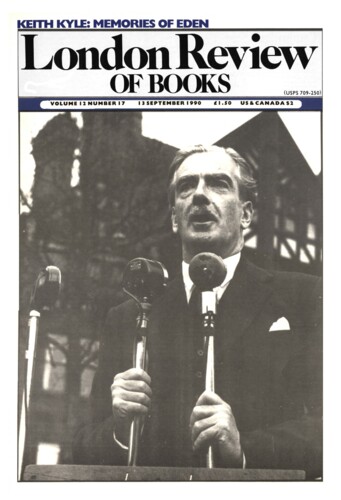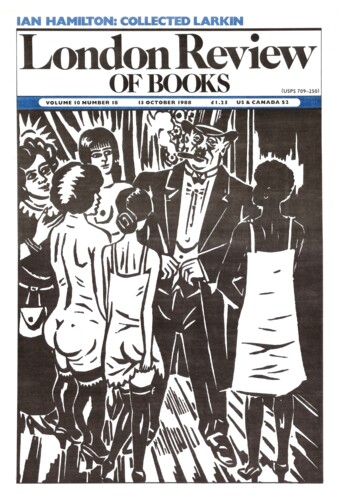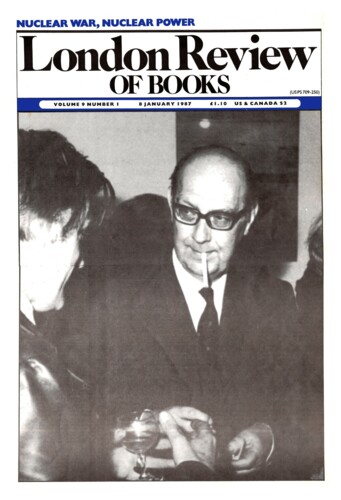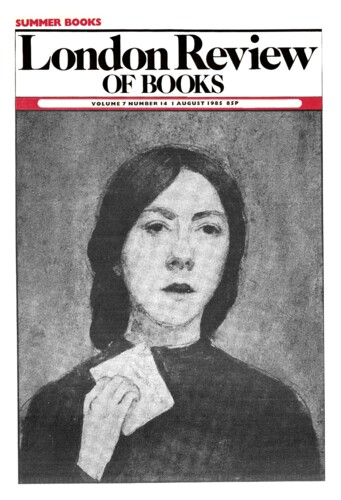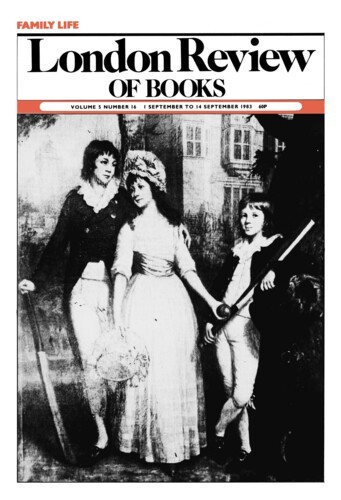Luis Buñuel, the Spanish film-maker who died last month, was the same age as the century. One of the many paradoxes of his career is that, despite his unwavering determination to shock and provoke, he ended his life revered by the public he professed to abhor: the great mass of the comfortable bourgeoisie. A further paradox may be that we cannot be sure whether this pleased or distressed him. If we take his frequent pronouncements at their face value (always a dangerous thing to do with him), then his artistic life must be accounted a complete failure – in his eyes. When he and Dali unleashed Un Chien Andalou in 1929 on an astonished Paris public, it was not meant as a calling card for the various anarchist and surrealist groups to pick up – even if they did so. Still less was it intended as a contribution to avant-gardism – abstract aesthetic trifling with which Buñuel had no patience. He wanted it to be, as he wrote in December 1929 in La Révolution Surréaliste, No 12, ‘a desperate and passionate appeal to murder’. Back in Madrid, at a showing to the Cineclub, he told the audience: ‘I do not want the film to please you, but to offend you. I would be sorry if you were to enjoy it.’–
Luis Buñuel, the Spanish film-maker who died last month, was the same age as the century. One of the many paradoxes of his career is that, despite his unwavering determination to shock and...
